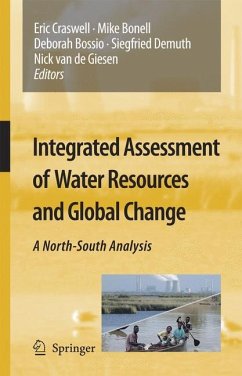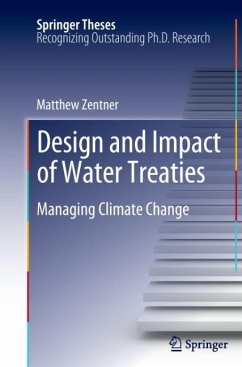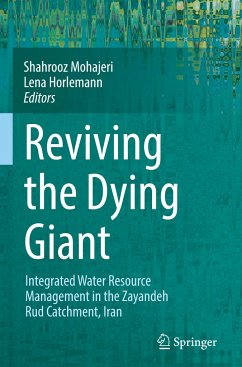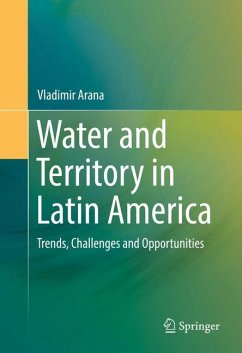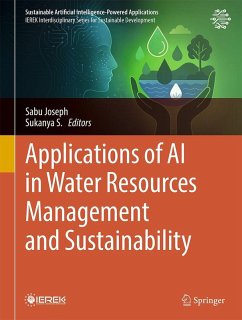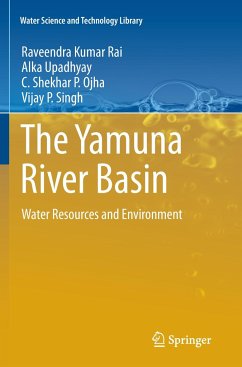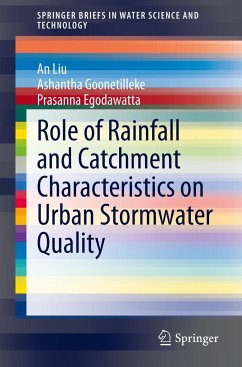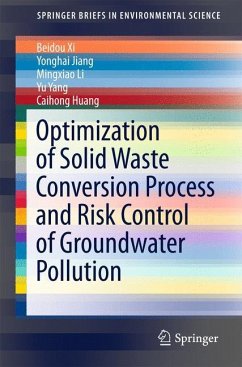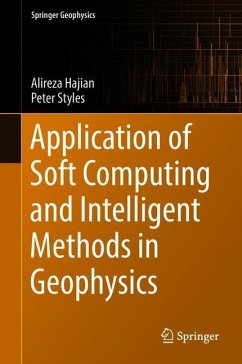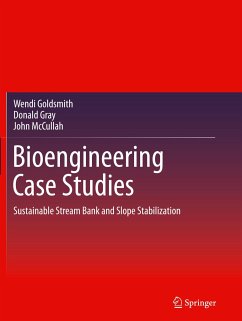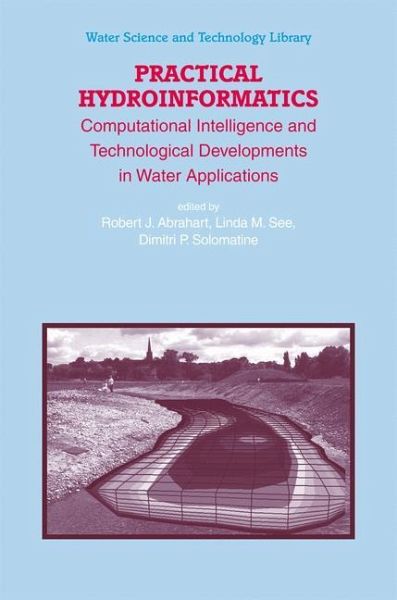
Practical Hydroinformatics
Computational Intelligence and Technological Developments in Water Applications
Herausgegeben: Abrahart, Robert J.; See, Linda M.; Solomatine, Dimitri P.

PAYBACK Punkte
57 °P sammeln!
Hydroinformatics is an emerging subject that is expected to gather speed, momentum and critical mass throughout the forthcoming decades of the 21st century. This book provides a broad account of numerous advances in that field - a rapidly developing discipline covering the application of information and communication technologies, modelling and computational intelligence in aquatic environments. A systematic survey, classified according to the methods used (neural networks, fuzzy logic and evolutionary optimization, in particular) is offered, together with illustrated practical applications fo...
Hydroinformatics is an emerging subject that is expected to gather speed, momentum and critical mass throughout the forthcoming decades of the 21st century. This book provides a broad account of numerous advances in that field - a rapidly developing discipline covering the application of information and communication technologies, modelling and computational intelligence in aquatic environments. A systematic survey, classified according to the methods used (neural networks, fuzzy logic and evolutionary optimization, in particular) is offered, together with illustrated practical applications for solving various water-related issues. ...





